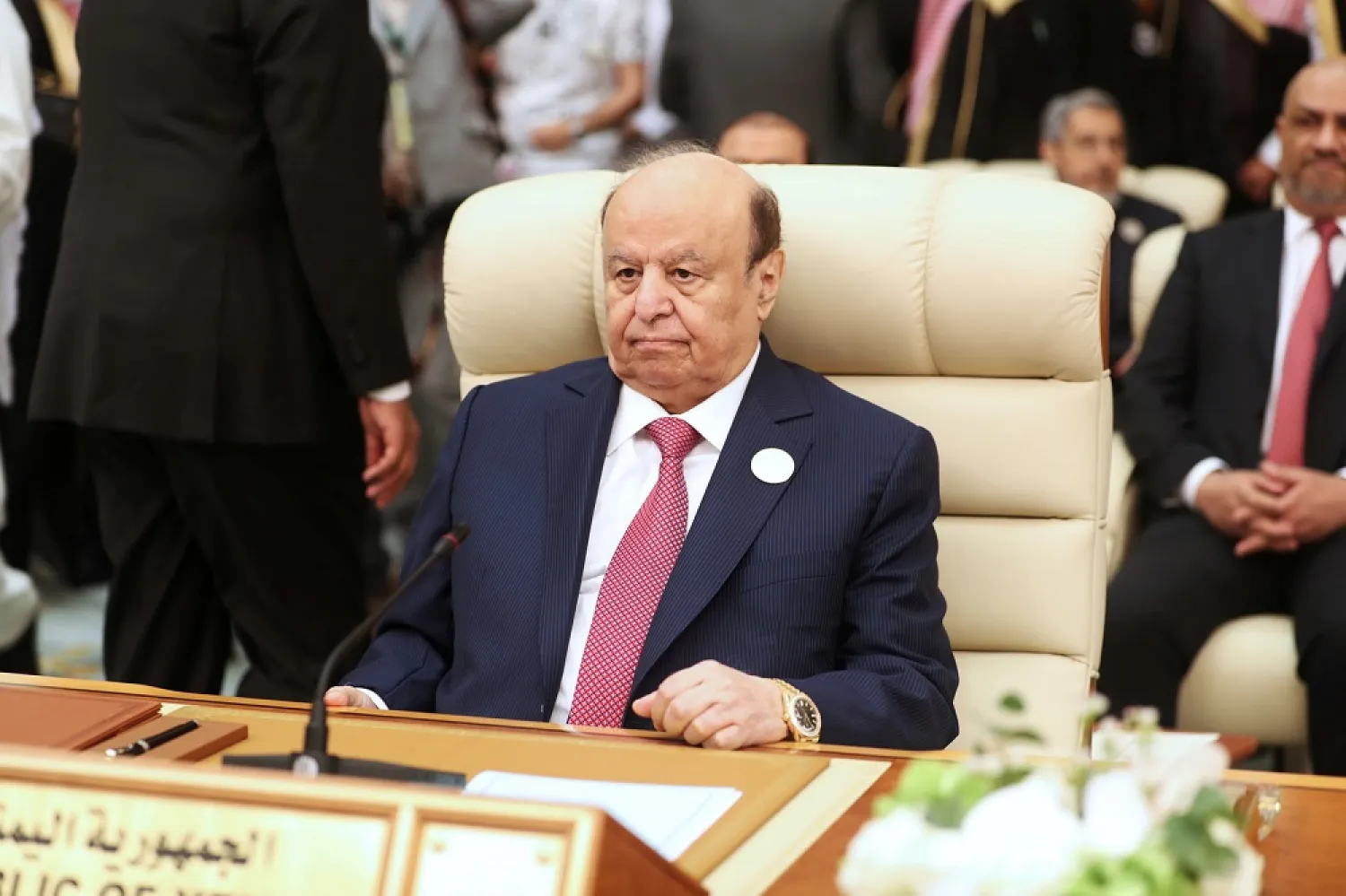The Saudi-led Arab coalition in Yemen announced on Friday a new power-sharing cabinet that would include Southern Transitional Council (STC) members in the legitimate government.
The government of President Abdrabuh Mansour Hadi is based in the southern port of Aden.
Prime Minister Maeen Abdulmalik was reappointed to head the new cabinet, which includes five ministers from Yemen’s biggest political blocs, including the STC and Islah party, a statement from Hadi’s office said.
Hadi has kept his closest allies in the key ministries of defense, interior, foreign affairs and finances.
The new government followed two weeks of separation of forces and redeployment of troops in the south that would see their return to battlefronts with the Iran-backed Houthi militias in the north and to outside Aden, the heavily disputed port city.
The announcement of the government is part of the Riyadh Agreement that was reached last year.









